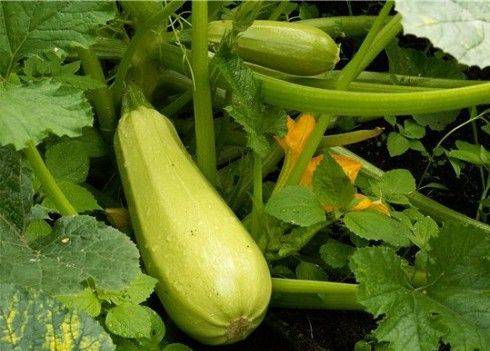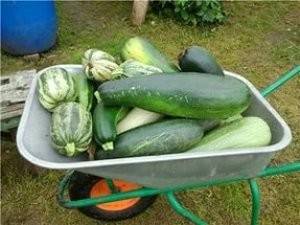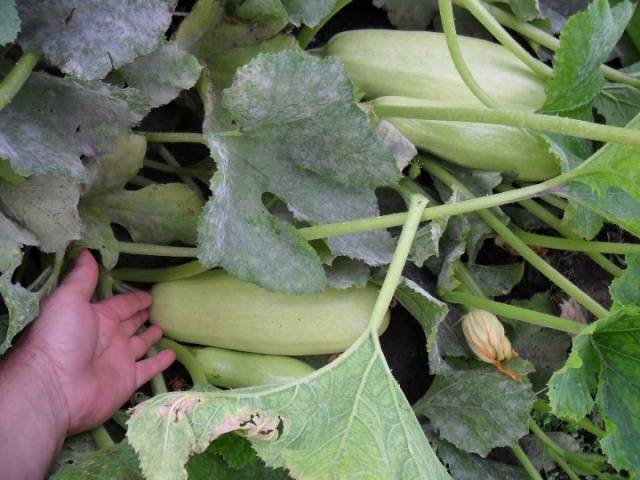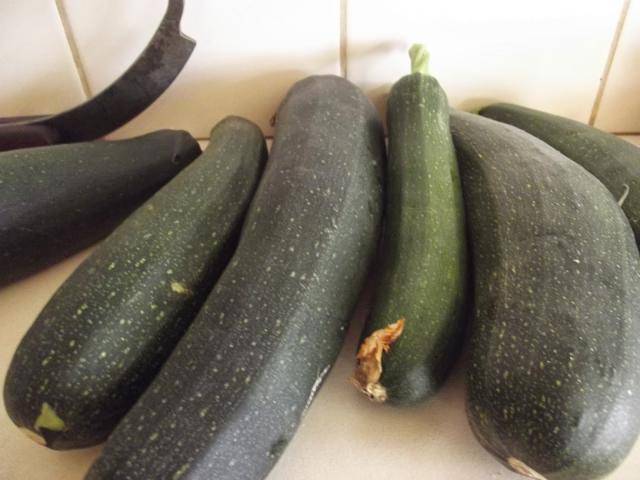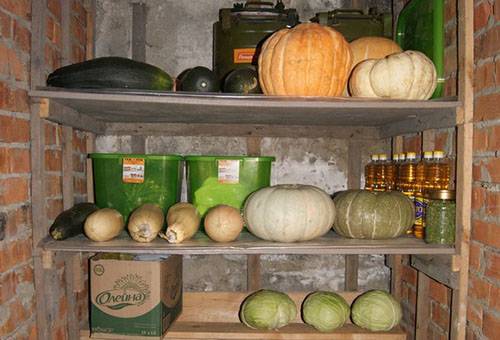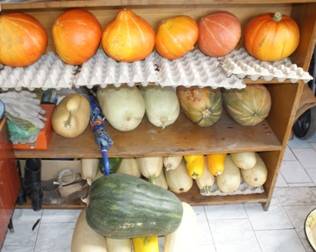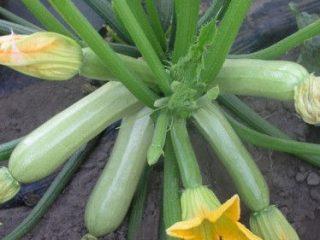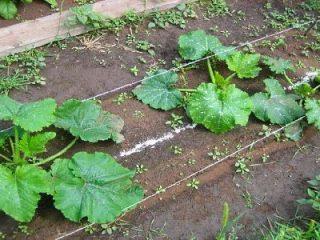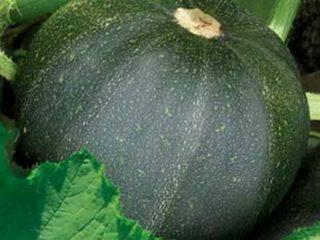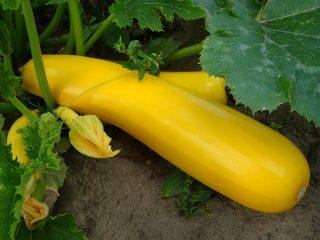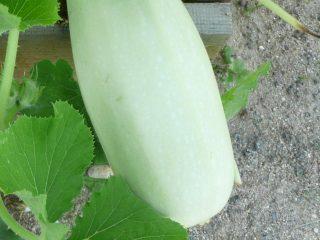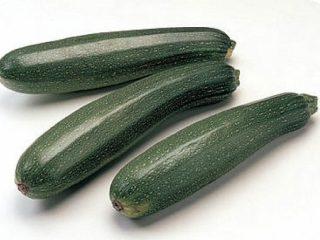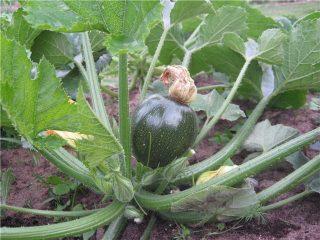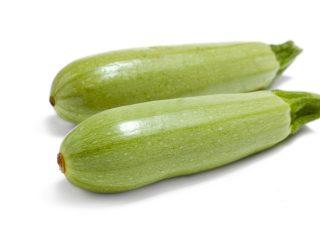Content
Almost every gardener plants several zucchini bushes on his plot. They don't take up much space, but the harvest of barrel-shaped fruits is always excellent. All summer they are fried, stewed, cooked with zucchini in stews, pizza, fried pancakes and pancakes, pickled, canned, and made into winter snacks. Whatever our hostesses come up with. But there are no fewer zucchini plants; they bear fruit until the first frost.
This is where the question arises, how to keep zucchini fresh for the winter, so as to please your family with a vitamin-rich vegetable, and not to forget yourself if you want to go on a diet. After all, the vegetable contains a minimum of calories, and there is a lot of fiber needed by the body. The nutritional and beneficial properties of zucchini are practically not lost from long-term storage.
Variety selection
The question of how to store zucchini for the winter must be approached in detail at the stage of purchasing seeds. The fact is that there are varieties with thin and thick peel. Only thick-skinned specimens are suitable for long-term winter storage.
Experienced gardeners recommend planting several bushes such as, for example, varieties of zucchini:
- Aeronaut is an early variety. The ripe fruit has the shape of a cylinder. Dark green zucchini will keep for at least four months;
- Pear-shaped is also an early variety with orange flesh.Keeping quality is high;
- Assete F1 is a large-fruited variety developed by Dutch breeders. The fruits retain their taste and presentation for a long time;
- Arlica is distinguished by long-term fruiting and excellent preservation of fruits in winter;
- The Negritenok variety amazes with its unusual colors. The skin of the long cylindrical fruit is black-green. The shelf life of fresh zucchini is about two months;
- The Zheltoplodny variety has cylindrical, silver-colored fruits. The pulp corresponds to the name - yellow. Retains its qualities for up to 3 months.
- Skvorushka is distinguished by its high yield (up to 20 fruits per bush) and keeping quality.
About the Skvorushka variety:
Of course, we cannot impose our ideas on our readers, we only recommend. But if you want to preserve fresh zucchini in the winter, carefully read what is written on the packages.
Harvest dates
The issue of proper storage of zucchini also includes the time of harvesting fruits from the garden. This is a heat-loving plant, so if you plan to store vegetables for a long time, you need to remove them before the first frost. Otherwise, they will rot in the basement almost immediately.
Harvest only ripe vegetables. You can determine technical ripeness and the ability to lie for a long time using the following parameters:
- The skin is thick, if you knock, you get a dull sound.
- The seeds are not quite ripe.
- Not too big.
- No signs of rot or damage.
- With a clear pattern corresponding to the variety.
Ripening of zucchini will occur during storage.If you collect overripe vegetables, after a month of storage they will become loose and unsuitable for culinary processing.
Preparing vegetables for storage
When harvesting, you should only use a sharp knife. Fresh zucchini intended for long-term storage is not recommended to be separated from the bush by twisting. The fact is that the stalk loosens, which is an additional opportunity for pathogenic bacteria to penetrate the fruit.
You need to leave a long stalk of at least 5 cm, which will be a kind of symbol indicating the quality of the stored zucchini.
Harvest zucchini in dry weather. Dirt is removed with a dry cloth. You need to place the cut zucchini on some kind of bedding so as not to damage the peel of the vegetables. It is not recommended to store zucchini immediately; they should lie in the sun for several hours. After this, the vegetables are sorted, those that are unripe or with defects are discarded and stored. You can leave a few young specimens for food at first.
Deciding on storage location
Even before harvesting, you need to think about where and under what conditions to store zucchini for the winter:
- in the cellar and pantry;
- in the apartment.
In the cellar or basement
Gardeners consider basements and cellars the ideal place. They contain just the right temperature for storing vegetables successfully - +4-+6 degrees.
In addition to temperature, air circulation and high humidity of up to 80% must be ensured in the cellar. These are the conditions that almost all vegetables need.
Since zucchini is harvested when it is still warm outside, they need to be identified before being stored in a basement or cellar in a cool, dark place. You can lay newspapers or straw on the rack, and arrange the vegetables in one layer at some distance from each other.
If fungal diseases or parasites were noticed during the previous winter, you need to whiten with copper sulfate, and then treat the room with a sulfur bomb.
You can store zucchini:
- Place on shelves or put in baskets, boxes, racks, shelves, placing cardboard, old newspapers, straw. The tail should always be outward, as this is an indicator of the safety of the fruit.
- Place vertically in baskets or parallel in boxes, as in the photo below.
5 - Another original method invented by gardeners is storing zucchini in a nylon stocking: it doesn’t take up space, and you can immediately see the problems. But the vegetable will be stored for at least 4 months.
Ventilation holes or shafts are installed in each basement and cellar. Any vegetables, including zucchini, should not be placed next to them. Drafts and cold air are only harmful
Indoor storage
Rural residents have a much easier time when it comes to preserving fresh zucchini. After all, in addition to the underground, they have storage rooms and warm canopies. Summer residents living in the city do not have such places. How to store zucchini in this case? Practice proves that for vegetables, the air of a city apartment is quite acceptable for such a procedure. The main thing is to know how to properly store zucchini.
The place for vegetables should be selected away from radiators and air conditioners. Can't leave winter zucchini for storage in the bathroom and kitchen: conditions are unsuitable due to high humidity. They will quickly begin to wither and rot.
Many housewives are interested in whether it is possible to store zucchini in boxes next to the front door or in front of the balcony. Of course, in a city apartment this, although not ideal, is quite a suitable place. As a rule, it is much cooler here than in the rooms. But in this case, the zucchini is either wrapped in newspapers or put in bags, or cardboard is placed on the shelves. You can even use egg cells. The main thing is to create conditions for storing zucchini so that they do not come into contact with each other.
Although if you watch the video of one of the gardeners, you will see that she uses stacking to store zucchini in winter, and nothing spoils:
Storage location: refrigerator
You can store zucchini in the refrigerator. Usually young vegetables are placed in it, which should be consumed within three weeks. It is clear that you won’t be able to place a lot of vegetables. But the conditions are still suitable.
You can put them plain or in paper bags (with a hole for air) on the bottom shelf of the refrigerator or in vegetable storage drawers.
Let's sum it up
We tried to tell you how to keep zucchini fresh in winter. The main thing is to save the harvest by creating the necessary conditions.
Many housewives are concerned about how long fresh zucchini will last in winter. As a rule, zucchini should be consumed within 4-5 months.Then an irreversible process begins in the vegetable: the seeds germinate, and the pulp becomes tasteless and friable. Such zucchini are no longer suitable for culinary delights.
If you have other ways to store vegetables, please share with our readers.
